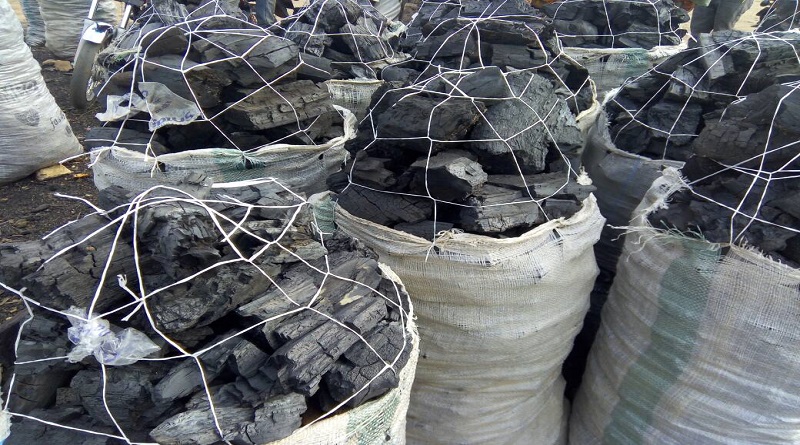Ban on charcoal exportation will mitigate environmental challenges — Environmentalist
Mr Ene Baba-Owoh, National Coordinator, Clean-Up Nigeria, a Non-Governmental Organisation, says the recent ban on charcoal exportation by the Federal Government will mitigate environmental challenges in the country.
Baba-Owoh, who is also an environmentalist, made his view known while speaking with the News Agency of Nigeria (NAN) in Abuja.
NAN reports that recently, the Minister of Environment, Dr Mohammad Abubakar, announced the ban on exportation of charcoal in the country, saying it contributes to environmental challenges.
The environmentalist said that production of charcoal increased emissions, thereby causing environmental problems.
Baba-Owoh said that production of charcoal was the first instance that led to land degradation and climate change.
According to him, one of the major causes of climate change in the environment was the destruction of tropical forest as trees were used to produce charcoal.
“Production of charcoal encourages more cutting of trees and thus affects our forests.
“Deforestation is a permanent destruction of our forests. This can include clearing the land for agriculture, grazing or using the timber for fuel, construction or manufacturing.
“Deforestation causes greenhouse gas emissions leading to global warming; however, trees are made to help mitigate environmental challenges in our environment.
“So, banning charcoal exportation in the country will go a long way to address climate change and other environmental problems.
“Trees provide shelter to man and help in purifying our health; they prevent erosion and act as buffer against climate change, while the forest offers home for plants and animals.
“Forest provides natural resources such as herbs, which can be used for medicine and other commercial purposes,” Baba-Owoh explained.
He said that studies had shown that about 300 million people lived in forests while over 20 per cent of greenhouse gases carbons were released yearly in the tropical forest.
Baba-Owoh said that studies also showed that the forest alone contributed about 10 per cent to global warming.
He said that constant cutting of trees led to flooding during rainy season, thereby causing loss of lives and properties as well as displacement of indigenous people.
Baba-Owoh said that destruction of the forest exposed people to various diseases which could lead to death.
He urged Nigerians to cultivate the habit of planting more trees and ensuring that any tree cut down was replaced.
Baba-Owoh said that the effort would help to prevent deforestation and destruction of lands and forests in the country.
By Vivian Emoni



